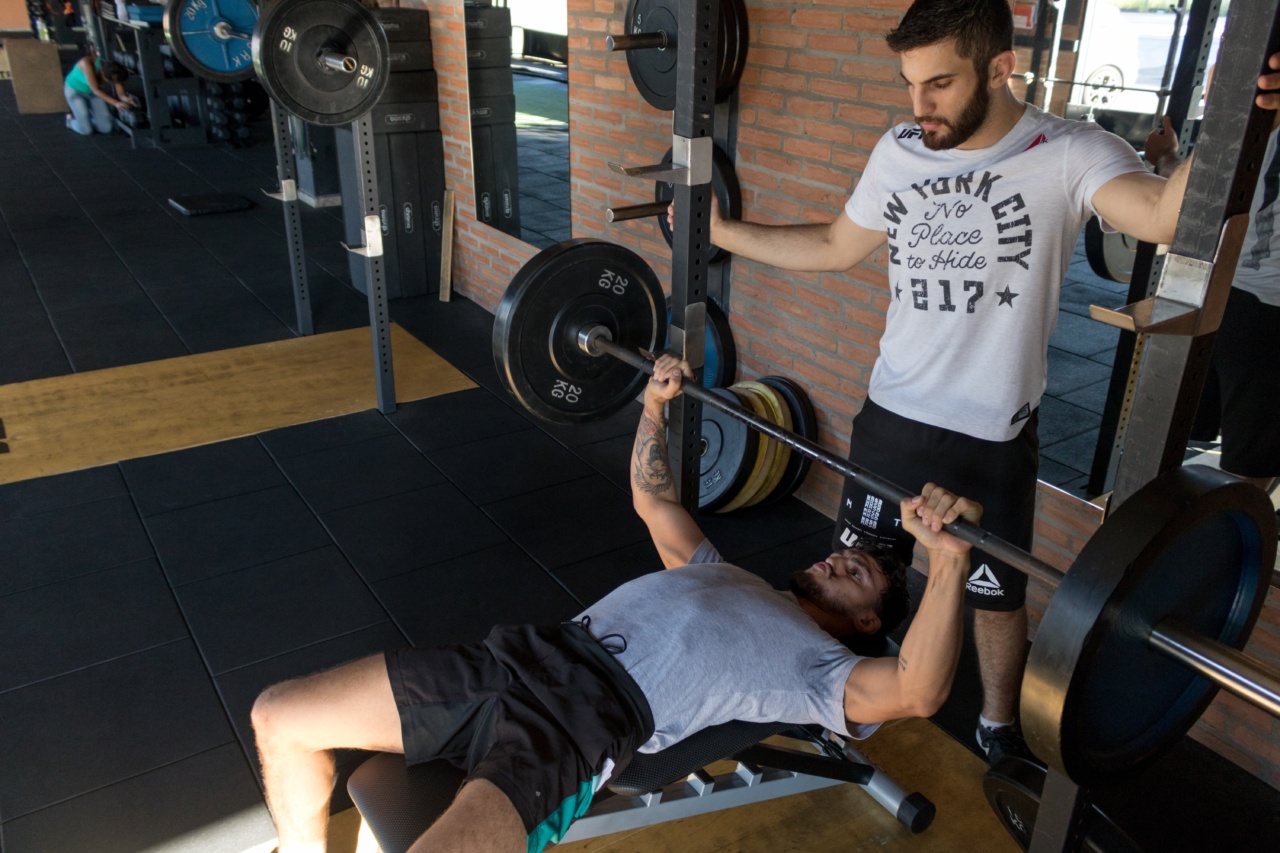When it comes to building muscle, most people think of protein and hitting the gym. However, there is another essential factor that many people overlook: vitamins.
Without vitamins, your body won’t be able to properly use the protein you consume, which can hinder muscle growth. In this article, we’ll dive into the vitamins that are crucial for building stronger muscles.
Vitamin D
Vitamin D is a fat-soluble vitamin that plays a crucial role in bone health and muscle function. It helps your body absorb calcium, which is necessary for bone strength. But it also plays a key role in muscle function and growth.
A study published in the Journal of Clinical Endocrinology and Metabolism found that people with higher levels of vitamin D had greater muscle strength and mass compared to those with lower levels.
This is because vitamin D can enhance muscle strength by increasing muscle protein synthesis and reducing muscle inflammation.
So, how can you get more vitamin D? The easiest way to get vitamin D is by exposing your skin to sunlight. However, many people don’t get enough sun exposure, especially during the winter months.
That’s why it’s important to get vitamin D from other sources, such as foods and supplements. Good food sources of vitamin D include fatty fish, egg yolks, and fortified foods like milk and cereal. You can also take a vitamin D supplement, but it’s important to talk to your doctor first to determine the right dosage for you.
Vitamin B12
Vitamin B12 is a water-soluble vitamin that’s essential for red blood cell formation and proper nerve function. But it’s also important for muscle health.
That’s because vitamin B12 helps your body convert carbohydrates into glucose, which is used by your muscles for energy.
Research has also shown that vitamin B12 can help reduce muscle weakness and fatigue.
A study published in the Journal of Nutrition found that older adults with higher levels of vitamin B12 had greater muscle strength and physical performance compared to those with lower levels.
Good food sources of vitamin B12 include meat, fish, dairy products, and fortified foods like breakfast cereal.
If you’re a vegan or vegetarian, it’s especially important to supplement with vitamin B12, as plant-based foods are not a reliable source of this nutrient.
Vitamin C
Vitamin C is a water-soluble vitamin that’s best known for its immune-boosting properties. But it’s also important for muscle health.
That’s because vitamin C is necessary for collagen synthesis, which is a key component of muscle tissue. Plus, vitamin C can help reduce muscle soreness and damage caused by exercise.
A study published in the Journal of Strength and Conditioning Research found that people who took a vitamin C supplement had less muscle soreness and faster recovery after exercise compared to those who didn’t take the supplement.
Good food sources of vitamin C include citrus fruits, berries, kiwi, and peppers. You can also take a vitamin C supplement, but it’s important not to take too much, as high doses can cause stomach upset and diarrhea.
Vitamin E
Vitamin E is a fat-soluble vitamin that’s best known for its antioxidant properties. But it’s also important for muscle health. That’s because vitamin E can help reduce muscle damage caused by exercise and improve recovery.
A study published in the Journal of Sports Science and Medicine found that athletes who supplemented with vitamin E had less muscle damage and faster recovery after exercise compared to those who didn’t take the supplement.
Good food sources of vitamin E include nuts, seeds, and vegetable oils. You can also take a vitamin E supplement, but it’s important to talk to your doctor first, as high doses can be harmful.
Vitamin A
Vitamin A is a fat-soluble vitamin that’s essential for vision, immune function, and skin health. But it’s also important for muscle health. That’s because vitamin A is necessary for the synthesis of muscle protein.
A study published in the Journal of Applied Physiology found that rats fed a vitamin A-deficient diet had lower muscle protein synthesis compared to rats fed a diet with adequate vitamin A.
Good food sources of vitamin A include liver, sweet potatoes, carrots, and leafy green vegetables. You can also take a vitamin A supplement, but it’s important not to take too much, as high doses can be harmful.
Vitamin K
Vitamin K is a fat-soluble vitamin that’s essential for blood clotting and bone health. But it’s also important for muscle health.
That’s because vitamin K is necessary for the synthesis of osteocalcin, a protein that’s involved in muscle metabolism and strength.
A study published in the Journal of Nutrition found that older adults with higher levels of vitamin K had greater muscle strength and physical performance compared to those with lower levels.
Good food sources of vitamin K include leafy green vegetables, broccoli, and Brussels sprouts. You can also take a vitamin K supplement, but it’s important to talk to your doctor first, as high doses can interfere with blood-thinning medication.
Vitamin B6
Vitamin B6 is a water-soluble vitamin that’s essential for protein metabolism and nervous system function. But it’s also important for muscle health.
That’s because vitamin B6 is necessary for the synthesis of hemoglobin, a protein that’s involved in muscle oxygenation.
A study published in the European Journal of Applied Physiology found that supplementing with vitamin B6 improved muscle endurance in women.
Good food sources of vitamin B6 include meat, fish, whole grains, and bananas. You can also take a vitamin B6 supplement, but it’s important not to take too much, as high doses can cause nerve damage.
Conclusion
Building strong muscles requires more than just protein and exercise. Vitamins are essential for proper muscle function, growth, and recovery.
To ensure that you’re getting enough vitamins for optimal muscle health, be sure to eat a balanced diet that includes a variety of nutrient-rich foods and talk to your doctor about taking supplements if necessary.































